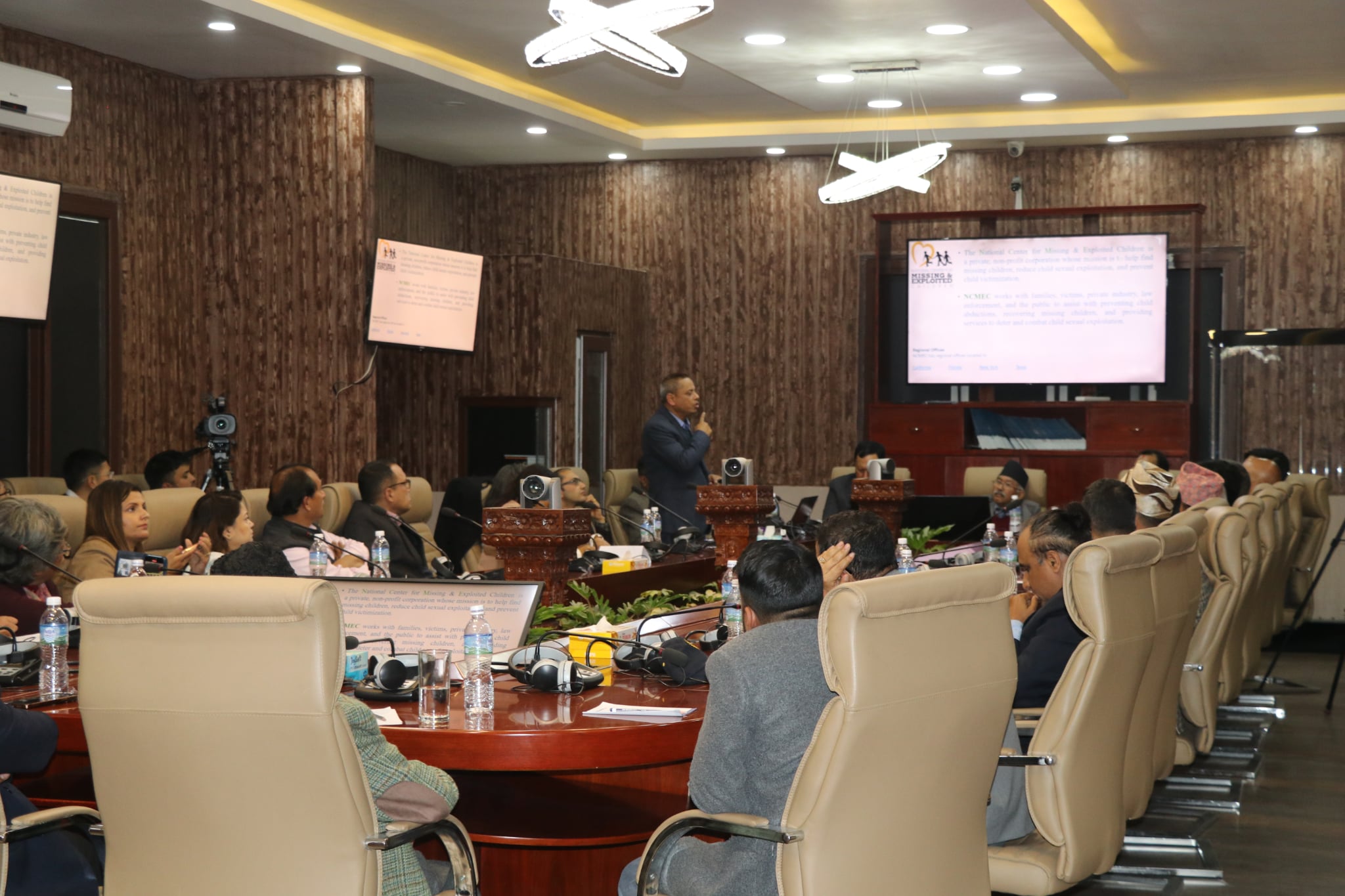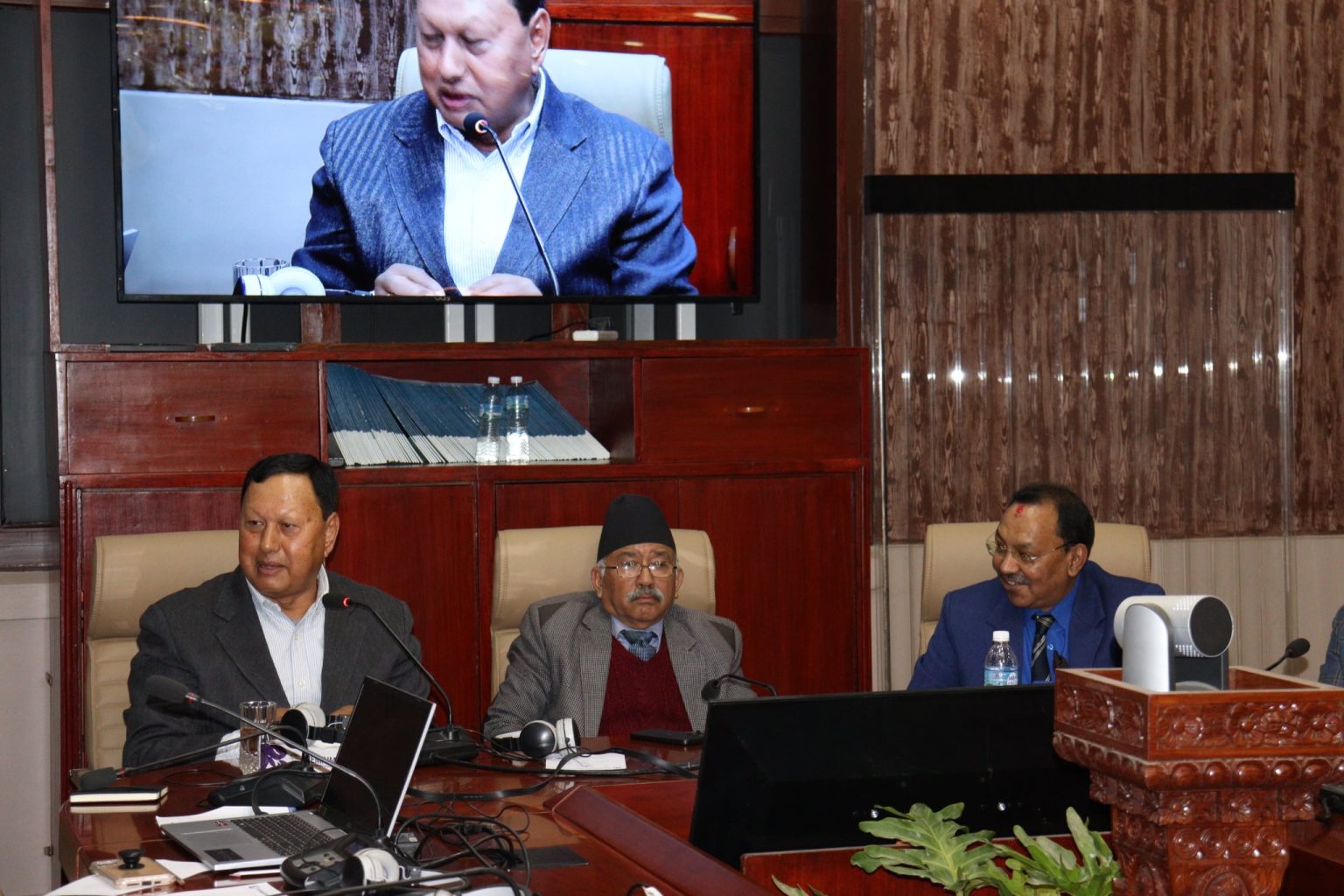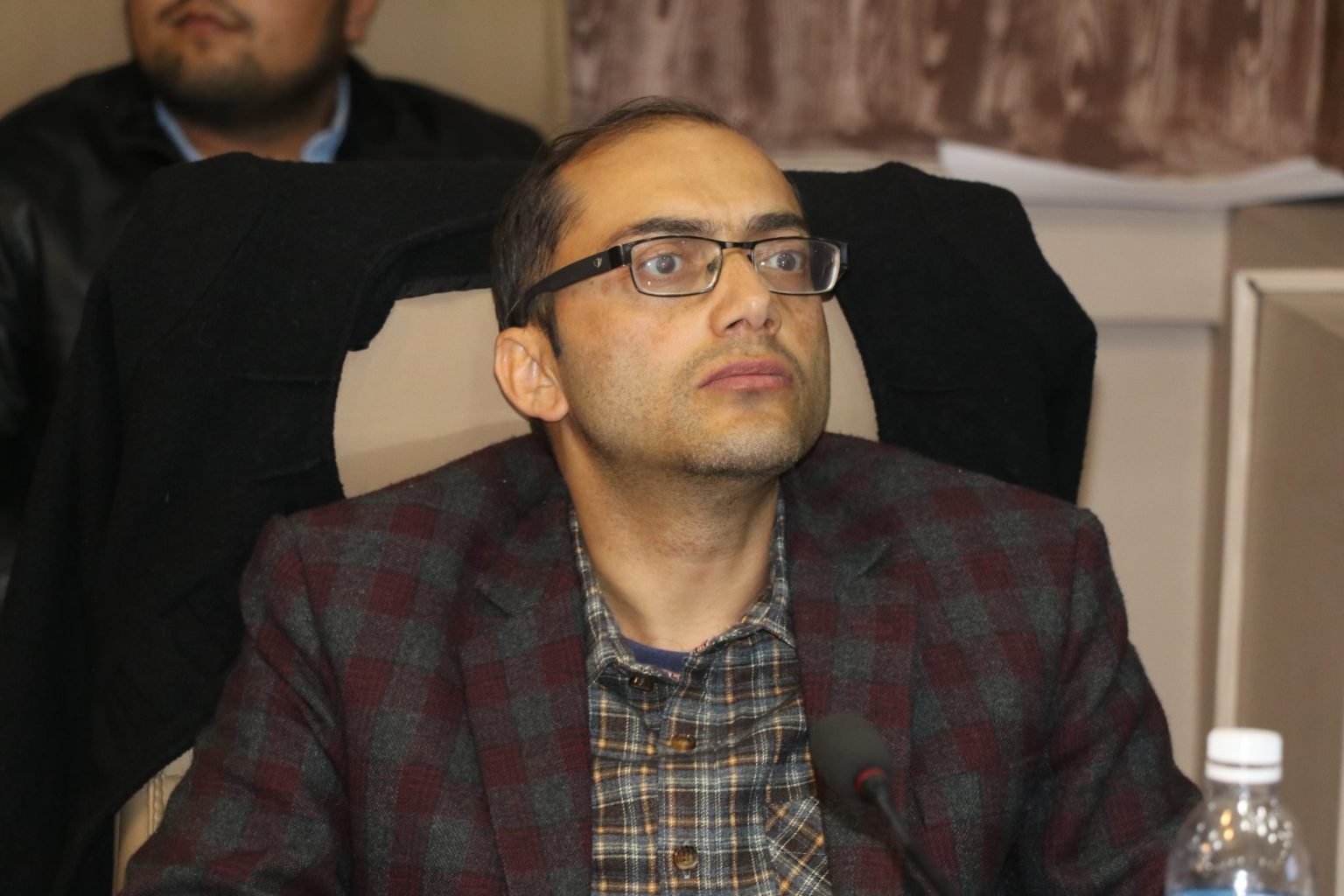
Kathmandu, Feb 6: Experts have expressed concern that internet addiction and cyberbullying could emerge as significant societal issues in the future.
During a discussion titled ‘Social Media and Its Challenges’ organized by the Rotary Club of Kathmandu and ISSR, participants highlighted the various social, mental, economic, and criminal activities arising from social media use, warning that these could escalate into social disasters.
Former Chief Justice Kalyan Shrestha emphasized the necessity of using social media responsibly and safely, noting its multifaceted impact on mental and social aspects of individuals. Former Health Minister Mohan Bahadur Basnet pointed out that social media is contributing to an increase in mental health issues, citing statistics that attribute 10% of deaths to mental problems, with social media being a significant factor.
Former Chief Secretary Shankar Bairagi acknowledged the essential role of social media in the modern era but stressed the importance of its prudent use. He noted that the absence of timely legislation has led to misuse.

Psychiatrist Dr. Pradeep Pandey presented that internet addiction affects individuals across all age groups, from children to the elderly. He stated that 10 to 50% of people suffer from mobile addiction, which is a leading cause of mental health issues such as depression and anxiety.
Deputy Superintendent of Police Umesh Prasad Sah from the Nepal Police Cyber Bureau reported a daily increase in cybercrime incidents due to the misuse of social media platforms, particularly Facebook. He highlighted that out of 3.74 million mobile users in Nepal, more than half use Facebook, with a significant number of uploads occurring every minute. Students from grades 10 to 12 are notably active in these activities.
Sushil Kumar Karki, President of the Rotary Club of Kathmandu, stressed the importance of collective efforts to address the challenges posed by mobile addiction and bullying, noting that these issues are becoming significant threats to human life. He mentioned that the Rotary Club is conducting nationwide programs to tackle these concerns.

In related discussions, experts have warned that excessive internet use can lead to mental health issues, including depression and anxiety. Studies have shown that overuse of the internet can negatively affect concentration, memory, and social relationships, potentially altering brain structure and leading to addiction.
IT expert Ashwini Bhattarai emphasized the need for awareness when using social media, especially among teenagers who may unknowingly become victims of bullying. She advocated for the inclusion of cybercrime education in school curricula and advised parents to be informed about the appropriate use of devices by their children.
Advocate Ram Chandra Gautam highlighted shortcomings in the legal framework concerning cybercrime and called for increased public awareness.
Furthermore, research indicates that exposure to negative content on social media can deteriorate mental health, increasing the risk of anxiety and depression. Spending extensive time on screens has been linked to poorer mental health outcomes, emphasizing the need for mindful consumption of online content.
These insights underscore the importance of responsible internet use and the implementation of educational and legal measures to mitigate the risks associated with internet addiction and cyberbullying. #nepal #cyber #addiction #RotaryClub










